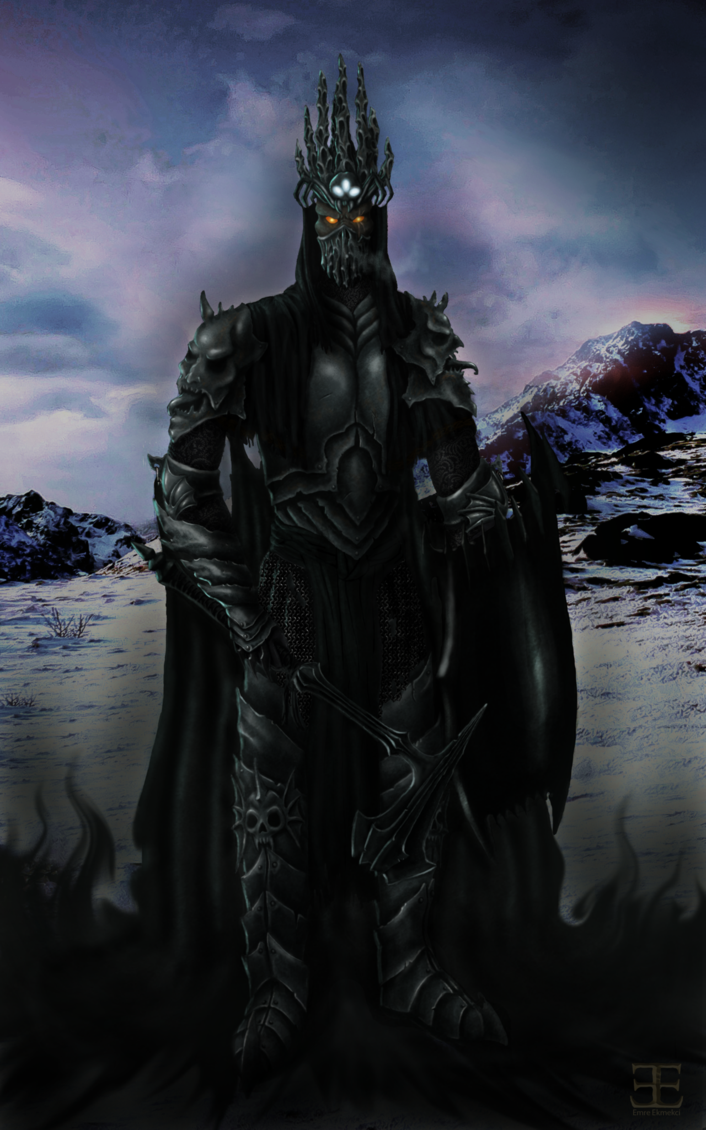

From Chaos came forth Erebus and black Night. In truth at first Chaos came to be, but next wide-bosomed Earth, the ever-sure foundation of all the deathless ones who hold the peaks of snowy Olympus, and dim Tartarus in the depth of the wide-pathed Earth, and Eros (Love), fairest among the deathless gods, who unnerves the limbs and overcomes the mind and wise counsels of all gods and all men within them. Wikimedia Commons Public Domain Family TreeĪccording to Hesiod’s Theogony, Erebus and his sister Nyx were born to Chaos at the beginning of the cosmos: La Nuit (The Night) by William-Adolphe Bouguereau (1883). Some traditions, however, made Erebus the son of Chaos and Caligo (“Mist”), while others made him the son of Chronos (“Time”) and Ananke (“Necessity”). In the common account, known from Hesiod’s Theogony, Erebus was the child of Chaos, who begot him and his sister Nyx (“Night”) without a consort. Indeed, Erebus’ name was often used as a term for the Underworld, more or less interchangeable with Hades or Tartarus. AttributesĮrebus was associated primarily with darkness, especially the darkness of the Underworld. PronunciationĮrebus may be synonymous with Skotos (“Darkness”), who features in a cosmogonic poem by Alcman. Some scholars, however, have connected “Erebus” with the Semitic root ‘rb, meaning “to set as the sun, become dark” (compare to the Akkadian erebu and Hebrew erev, meaning “sunset”). Erebos) is usually thought to be derived from the Proto-Indo-European root * h₁regʷ-os-, meaning “darkness” (similar to the Sanskrit rájas, Gothic riqiz, and Old Norse røkkr). The name “Erebus” (Greek Ἔρεβος, translit.


 0 kommentar(er)
0 kommentar(er)
